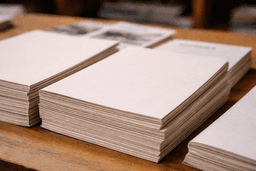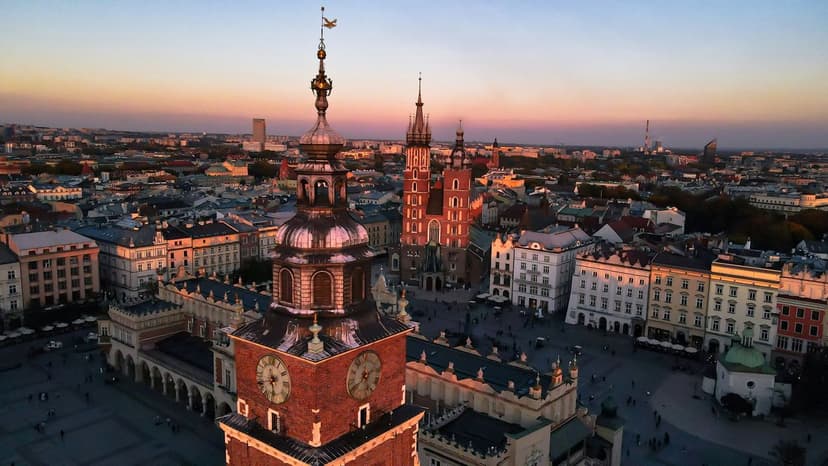
Turning podcasting into profit: Dział Zagraniczny's €140,000 yearly income
Interview with the founder of Dział Zagraniczny [Foreign Department], a Polish podcast, which proves that journalists still can earn money on niche topics
The Fix Newsletter
Everything you need to know about European media market every week in your inbox
30 articles • 0 Followers










